The greatest need of the contemporary international system is an agreed concept of order
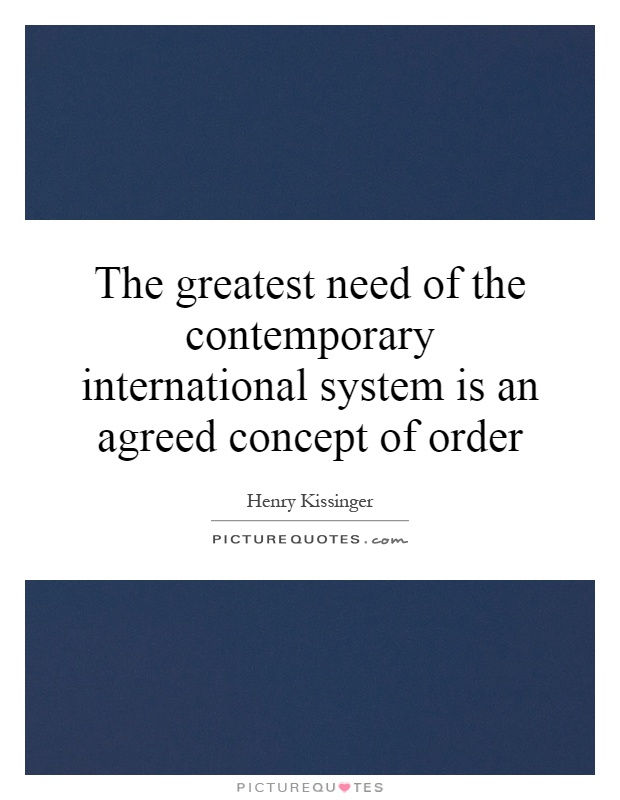
The greatest need of the contemporary international system is an agreed concept of order
Henry Kissinger, a renowned diplomat and political scientist, has long been a proponent of the idea that the greatest need of the contemporary international system is an agreed concept of order. Throughout his career, Kissinger has emphasized the importance of establishing a framework for international relations that is based on shared principles and norms. He believes that without a common understanding of how the world should be organized, the international system is at risk of descending into chaos and conflict.Kissinger's views on the need for an agreed concept of order are rooted in his deep understanding of history and geopolitics. He has witnessed firsthand the consequences of a world without a clear system of rules and norms, as evidenced by his involvement in some of the most significant diplomatic events of the 20th century, including the Vietnam War and the opening of relations with China.
One of the key challenges facing the contemporary international system is the lack of consensus on what constitutes a just and stable world order. Different countries and regions have their own ideas about how the world should be organized, leading to competing visions of global governance. This lack of agreement has resulted in a fragmented and often chaotic international system, characterized by power struggles, conflicts, and humanitarian crises.
Kissinger argues that in order to address these challenges, the international community must come together to establish a common understanding of order. This would involve defining the principles and norms that should guide international relations, as well as creating institutions and mechanisms for enforcing these rules. By agreeing on a shared concept of order, countries can work together to address common threats and challenges, such as terrorism, climate change, and nuclear proliferation.
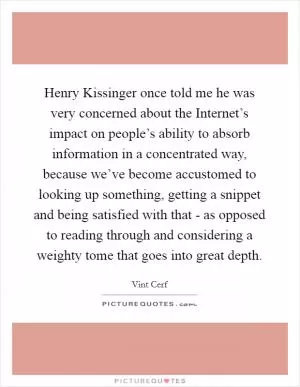

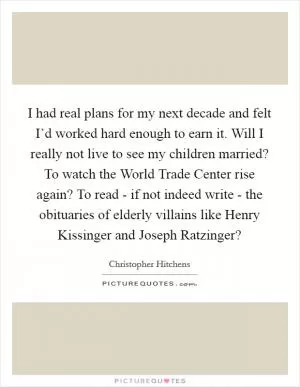


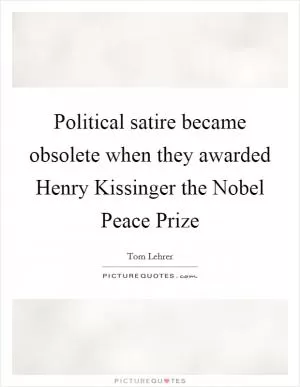
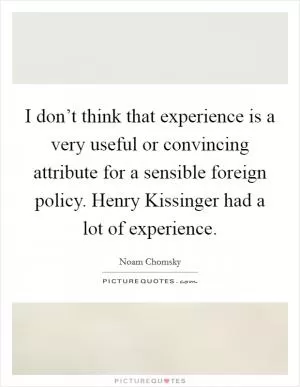
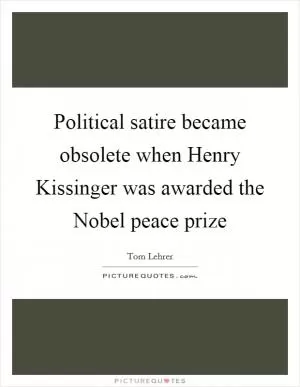

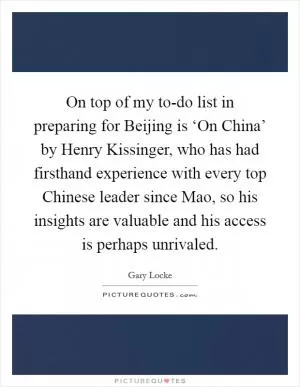
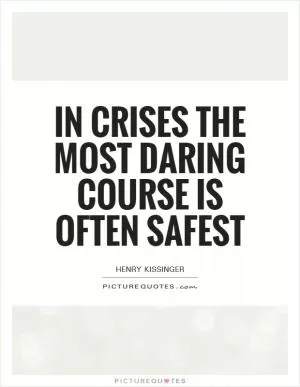

 Friendship Quotes
Friendship Quotes Love Quotes
Love Quotes Life Quotes
Life Quotes Funny Quotes
Funny Quotes Motivational Quotes
Motivational Quotes Inspirational Quotes
Inspirational Quotes